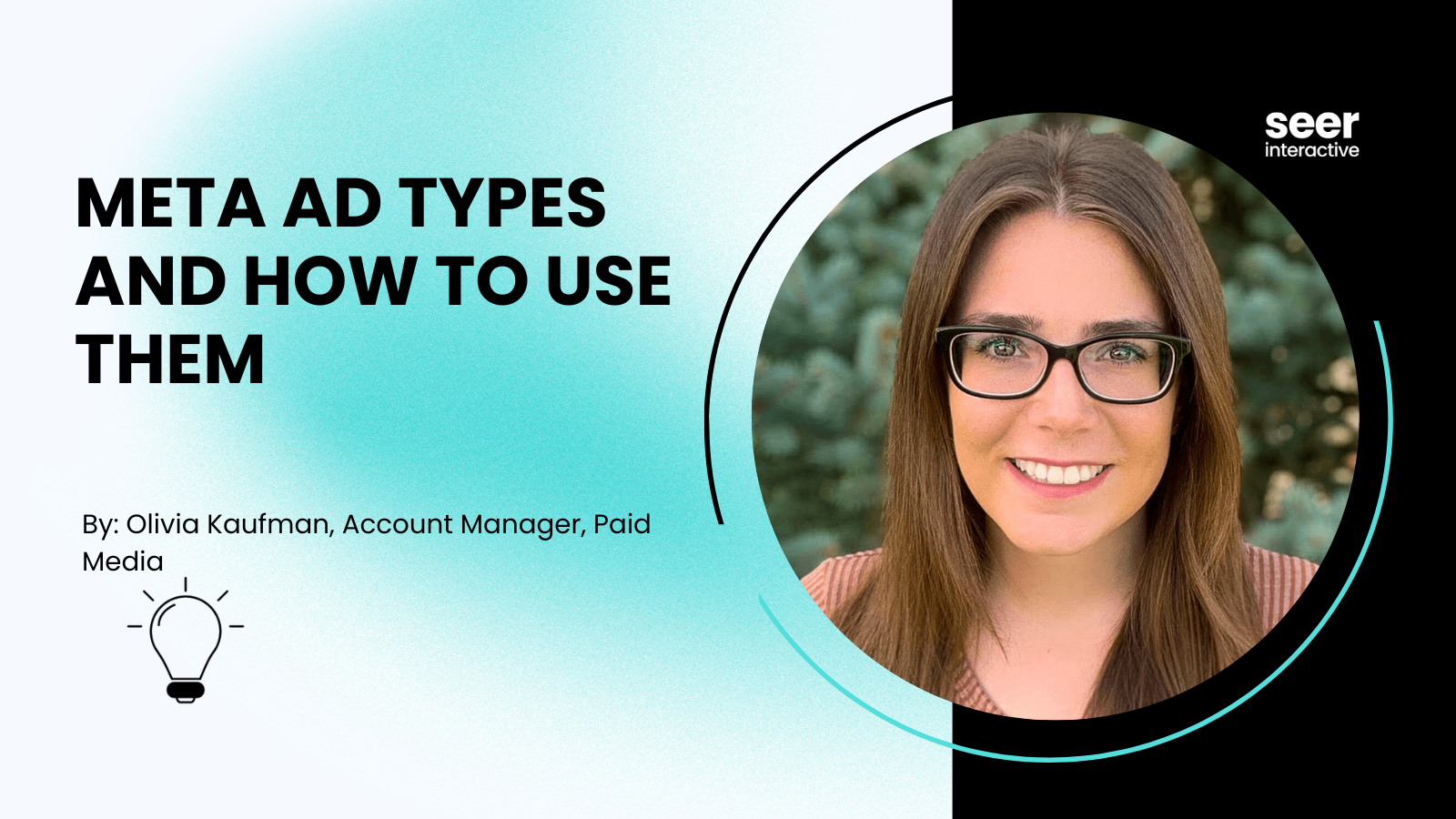As the PPC New Year begins, I'd like to reflect on my 2010 learning's at SEER Interactive and in the Search Marketing field. In contrast to my November Blog about PPC best practices that I wish I learned in college, I would now like to briefly outline my favorite PPC tools. There are hundreds of PPC tools out there to help facilitate each part of the account management process. Listed below are the tools I've found most helpful in my PPC journey thus far for initial keyword building, competitor analysis, and optimization:
Keyword Building
Keyword Tool:
The Google Keyword Tool is especially helpful in the beginning stages of keyword building. By entering one or multiple keywords in the search box (see below), the tool will automatically generate related keywords. You can also use the advanced options setting by clicking below the search box to view keywords by country and language, adult content or just mobile. More recently, you can also filter the results by local and global monthly searches, competition, average cost-per-click, and search share. Beware: The keyword tool may generate different data depending on which account you're logged into and the account's historical data.
Google/Yahoo Suggest:
Google/Yahoo suggest is one of the most basic, yet insightful keyword tools to use in the beginning phases of keyword research. As you type directly into the search bars on Google.com or Yahoo.com, an algorithm will predict and display search queries based on other user's searches, popularity of the query, among a variety of other factors. More recently, if opted into Google Instant, you will be able to see the results page as you type. This tool is very helpful for brainstorming new terms and extra long tail keywords and even negatives as you find irrelevant suggestions.
Long Tail Keyword Building:
The Concatenation Tool, as mentioned in my previous blog, will help create lists of longtail keywords and keep consistent keyword lists across ad groups. Use the columns to put different descriptors and adjectives for the base keywords, and see how many variations you can come up with. In my example below, I used the concatenation tool to develop a starting list of hotel themed keywords:
Traffic Estimator: After you've developed a final keyword list, place the terms in the Google Traffic Estimator to see predictions on average cost-per-clicks, local and global monthly searches, daily clicks, and daily cost. As mentioned above with the keyword tool, the traffic estimator does not guarantee 100% accuracy or consistency but it will give a good idea of expensive terms. The traffic estimator works similarly to the Google Keyword tool, but only provides traffic for the words you submit. In the example below, you can see the traffic estimator's results for the term "Book hotel in New York".
Competitors:
Keyword Spy:
Keywordspy.com is a subscription based tool that allows you to see statistics on competitive terms. By using keyword spy, you can see a list of competitor's keywords and CPC's, ad copy variations by term, how often related keywords appear, among other insightful data. This tool is helpful for pinpointing areas of expansion that you competitors have already targeted. Shown below, I used keyword spy to search dell.com as an example. By selecting the PPC keywords tab, I can see a general idea of the top keywords that dell is currently bidding on:
Competition Beta: This summer, Google launched "Analyze Competition" Beta feature, available through the Adword's Opportunity Tab. This tool is particular helpful in benchmarking your account's performance versus other related competitor's and the competitive industry as a whole. The tool displays your performance vs. the average of competitor's in your range for impressions, clicks, CTR, and average ad position. The tool does not label specific competitors or reveal cost and conversions within the industry. Below, you can see the competition beta's analysis of a sportswear client. For impressions, we can see how we rank in each industry category and against other advertisers:
Analysis/optimization
Statistical Significance Tool:
When testing ad copy, is important to use enough historical data to yield statistically significant results. This testing site allows you to test statistical significance of your ad copy's CTR and Conversion Rate by entering the clicks, impressions, and conversion rate of both ads. If the ads do not yield statistically significant differences, it may be worth testing both again!
Adwords Campaign Experiments:
Adwords Campaign Experiments (ACE) is a great way to test two different variables at the exact same time in your Adwords account. With ACE, you can duplicate and test different keywords, bids, ad groups, and placements to find areas for improvement in your campaigns. By using the real-time test results of ACE, you can eliminate potential 3rd party variables, and unveil statistically significant results. Read more on Bonnie's blog to see how ACE has helped the SEER team succeed.
Listed below is an Adwords tutorial on how to run ACE campaigns:
http://www.google.com/ads/innovations/ace.html
Search Funnels: An important step in account optimization is to cut high spending keywords with little to no conversions. When doing this however, it is important to not overlook those keywords that helped users convert on a different keyword. For example, say someone searched "hotels in Philadelphia," on a Monday, clicked on a Marriot ad, but did not convert. Then, that Friday, that same person in hopes of finding the same site, searched for "Marriot Philadelphia," clicked on a different ad in the account, and converted. Even though the final conversion happened on "Marriot Philadelphia," it is important to note that "hotels in Philadelphia" played an important role in the search funnel. Google Search Funnels, located on the Conversions tab (under Reporting & Tools) in Adwords, allows you to analyze which keywords received clicks and impressions before the conversion, among other helpful insight.
As mentioned earlier, these are only a few of the good tools I've had a chance to use so far. I look forward to sharing more of my favorite tools in the future and I continue my PPC journey in 2011!

